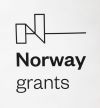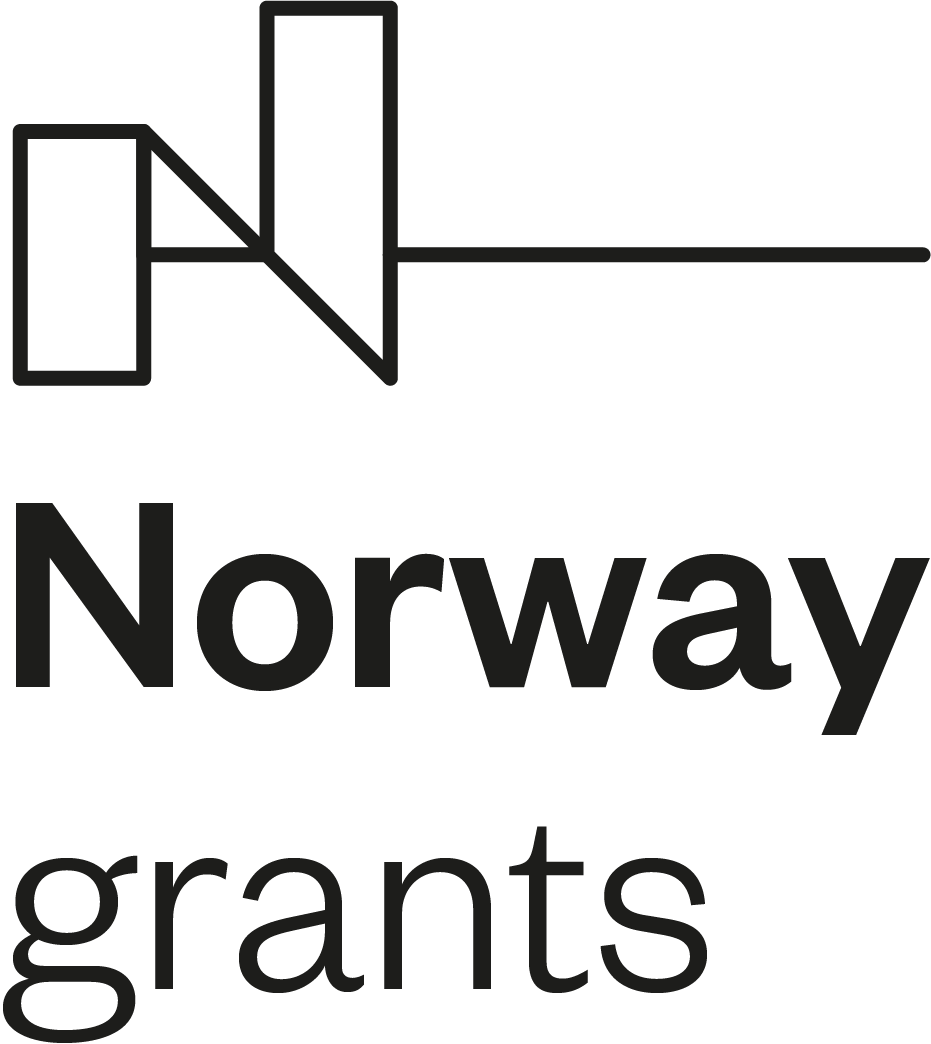ALCITfem
The project Activism And Its Moral and Cultural Foundation: Alternative Citizenship and Women’s Roles in Kurdistan and the Diaspora (ALCITfem) is an interdisciplinary research programme that is rooted in literary studies, cultural anthropology, gender studies and sociology. Methodologically and theoretically, the project combines and connects Humanities with Social Sciences through the cooperation of the following institutes: the Section of Kurdish Studies at the Institute of Oriental Studies (Faculty of Philology) of the Jagiellonian University (JU, Kraków), the Centre for Gender Research (STK, Senter for Tverrfaglig Kjonnsforskning) at the University of Oslo (UiO), the Centre for the Advanced Study of Population and Religion (CASPAR) at Cracow University of Economics (CUE), the Fafo, Institute of Labour and Social Research in Oslo and the Asia and Pacific Museum (Warsaw). The project is funded in the scope of the Grieg programm of the National Science Centre of Poland from the Norway Grants.
Over the last five years, the Kurdistan region, situated in the heart of the Middle East and divided over four nation-states (Iran, Iraq, Syria and Turkey) has lived through deep transformations. Some of these developments were hopeful and inspiring for many Kurds, whereas other developments were strongly infringing on personal and collective rights. Although large-scale transformations in many cases displaced communities and destroyed institutions, at the same time new actors and institutions emerged, in the homelands as well as in the diaspora. Internationally and locally, the Kurds are more known through guerilla struggle and violent confrontations with the state than through peaceful activism. The focus on violence of both academic studies and media attention has led to a relative invisibility of Kurdish cultural and social activism, whereas such activism has deeply transformed Kurdish society from within.
In spite of the limitations caused by state oppression, local cultural centres, women’s organizations, but also individual actors such as artists, writers and intellectuals, have all contributed to new moral narratives and moral imaginations. As women’s voices and activities have often remained underexposed, ALCITfem will specifically focus on women’s roles herein, and on moral ideas and narratives about the societal positions of women and men. In our project we use the notion alternative citizenship to highlight that Kurds, in a range of different ways, have developed alternative (political and non-political) strategies outside of state institutions and state structures to initiate social and cultural change in their own society, and to influence the position of Kurdish communities within the nation-states they are part of. ALCITfem combines feminist theorizing about ‘lived citizenship’ with theories of ‘everyday resistance,’ and ‘micro-politics.’ The project focuses on how female activists found spaces and imaginations to forge change in their communities, while simultaneously attempting to influence the community’s position in the nation-state. This can be through mundane practices, but also through deliberate and targeted actions and structures.
ALCITfem will study Kurdish alternative citizenship by focusing on two deeply interrelated spaces: activism as initiated by women, and its moral and cultural foundations. This will be investigated in four work packages: 1). The representation of women in Kurdish literature and cinema 2). Covert activism of Kurdish women 3). “Doing family” 4). Eco-feminism. The project thus investigates both highly visible as well as more discrete or hidden practices, and, at the same time, investigates how activism is rooted in cultural and moral traditions. Based in four high-quality research institutes in Poland and Norway, the project uniquely combines the interdisciplinary character of its team-members who will share interview and other research material for each other’s work packages, and will work on joint publications. In its entirety ALCITfem's fieldwork covers important centres of activism in Kurdistan and in the diaspora, and will be conducted in the local languages which are known by the team-members. Additionally, three Kurdish-speaking postdocs, one PhD and one MA students will be attracted and supported by the extensive research experience of the team-members. Next to academic publications, also public dissemination is a strong pillar of this project through the organization of two photography exhibitions in collaboration with the Asia and the Pacific Museum in Warsaw.
Our partners:




